Just two days after Prime Minister Srettha Thavisin was unexpectedly ousted, on August 16, the Thai National Assembly chose Paetongtarn Shinawatra, the 37-year-old daughter of former Prime Minister Thaksin, as the next Prime Minister of the Golden Temple country. But what will be the difficult and unexpected journey ahead for the youngest female Prime Minister in Thai history?
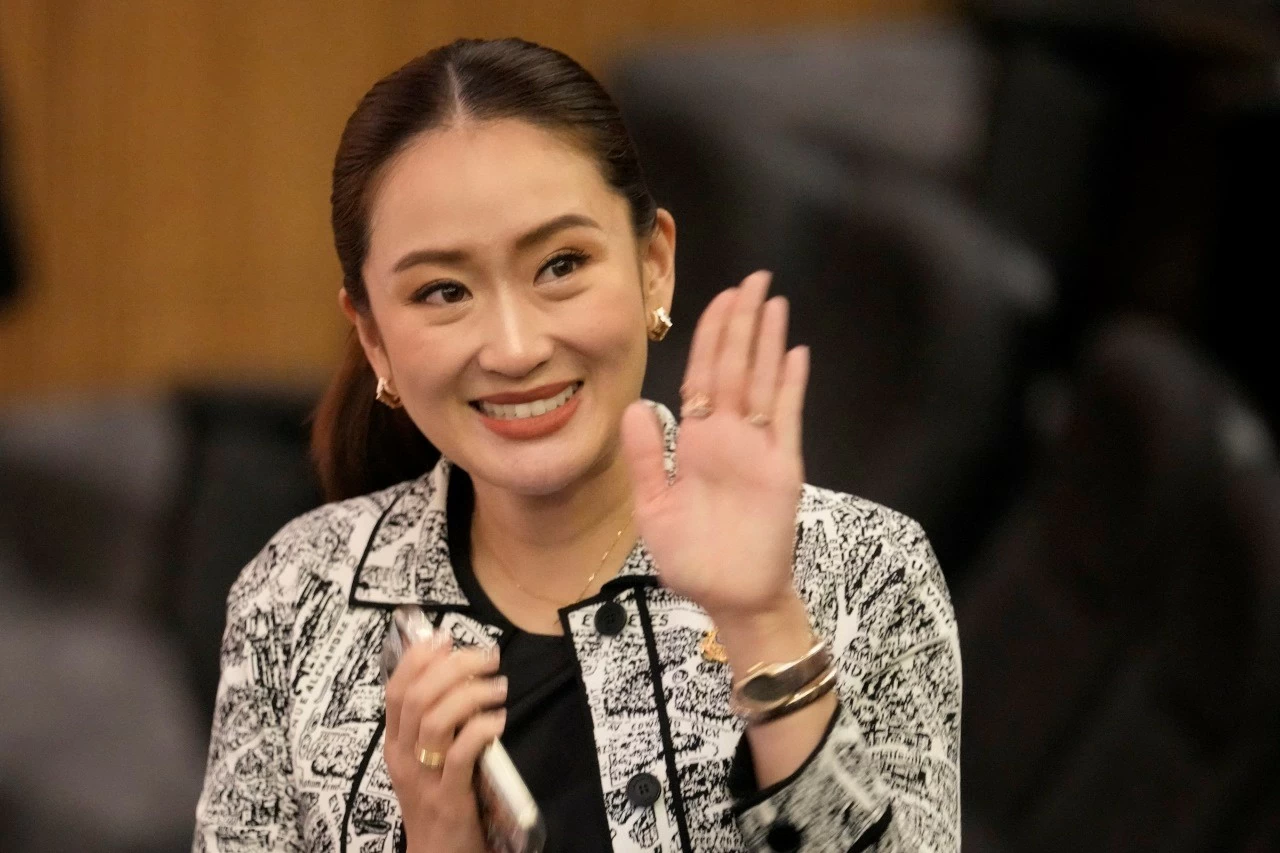 |
| New Thai Prime Minister Paetongtarn Shinawatra. (Source: AFP) |
The return of Paetongtarn Shinawatra, the youngest prime minister in Thai history, is the clearest evidence yet that her father, Thaksin Shinawatra, who was ousted as prime minister in a 2006 coup and spent years in exile abroad, remains a powerful figure behind the scenes. Paetongtarn's return also shows that the Shinawatra-dominated Pheu Thai Party will remain the leading force in Thai politics .
Surprise in the plan
However, many regional political observers believe that, despite the support of her father's extensive political experience and her aunt, Yingluck Shinawatra, who was also Prime Minister, the new Prime Minister Paetongtarn will face many challenges, including a weak economy and an unstable political era with the role of the military and royalist allies in Thailand's democratic process.
A recent opinion poll in Thailand showed that only 6% of voters supported her as Prime Minister, behind Pita Limjaroenrat, former leader of the now-dissolved MFP and renamed the People's Party, and Srettha Thavisin, the Prime Minister who was dismissed on August 14.
With a voter approval rating of just 6%, her nomination and approval to replace Prime Minister Srettha is considered surprising. People close to Prime Minister Paetongtarn have previously said she did not want to get involved in Bangkok's cutthroat politics. A former deputy CEO of a family-run hotel management company, Ms. Paetongtarn is also said to have little experience as a national leader.
In last year’s election, Ms. Paetongtarn was the leading candidate for prime minister from the Pheu Thai Party. But the MFP, led by Mr. Pita, won by a wide margin and turned to work with Pheu Thai to form a new government. The MFP-Pheu Thai partnership then collapsed when Mr. Pita was unable to become prime minister due to a lack of support from allies of the military and the monarchy in the Senate. Mr. Srettha, Pheu Thai’s eventual candidate, became prime minister, but he lasted less than a year before being ousted by the Constitutional Court on August 14. It was further evidence of how cutthroat and fast-changing Thai politics can be—and few understand it as deeply as the Shinawatras.
The youngest of Mr. Thaksin’s children, Ms. Paetongtarn lived apart from her father for 17 years while he lived in exile, mainly in Dubai, to escape what he considered politically motivated charges against him. Her aunt, Yingluck, Thailand’s first female prime minister, was also ousted in a 2014 coup and forced to flee the country. Her uncle, Somchai Wongsawat, was also removed as prime minister when the Constitutional Court ordered the dissolution of his People Power Party in 2008.
After years of exile, former Prime Minister Thaksin returned to Thailand last year after Pheu Thai's Srettha became Prime Minister. Despite being sentenced to eight years in prison for corruption, Thaksin has never spent a day in jail, a fact that still angers his enemies and a large segment of the Thai public. In June, he was charged with insulting the monarchy, a sign that the establishment is losing patience with him, analysts said.
Difficulties ahead
Paetongtarn has never held a government position, so the decision to bring her into the game is considered by observers to be a "gamble" for her Pheu Thai Party and its 75-year-old leader, Thaksin. Observers say that as head of government, she will face challenges on many fronts, with the economy faltering, competition from a rival party growing and Pheu Thai's position gradually declining. In particular, Pheu Thai has not yet implemented a 500 billion baht ($14.25 billion) cash handout program as planned in last year's election.
“The Shinawatra family’s gamble this time is quite risky. It puts the daughter of former Prime Minister Thaksin in the crosshairs and in a vulnerable position,” said Nattabhorn Buamahakul, managing partner at government affairs consultancy Vero Advocacy.
Srettha’s downfall after less than a year in office will be a stark reminder of the risks Paetongtarn could face. The upheaval of the past few days also represents the breakdown of the fragile “truce” between Thaksin and his opponents in the ruling elite and the military, which saw him return from 15 years of exile in 2023 and his ally Srettha become prime minister on the same day.
Thaksin's gamble on his daughter Paetongtarn at such a crucial time has surprised many analysts, who expected him to delay his reign and spare his daughter the battles that led to the downfall of himself and his sister Yingluck, both of whom fled abroad to avoid jail after their governments were overthrown by the military.
“This is a big gamble for Thaksin,” said Titipol Phakdeewanich, a political scientist at Ubon Ratchathani University. “There is a possibility that his daughter will repeat what he and his sister went through. And that is a big risk for the entire Shinawatra dynasty. If she cannot bring the economy back and bring back Pheu Thai, it could be the end because the People’s Party is gaining more momentum after they were dissolved.”
Source: https://baoquocte.vn/van-bai-moi-cua-gia-toc-shinawatra-o-thai-lan-282899.html



![[Photo] Hanoi morning of October 1: Prolonged flooding, people wade to work](https://vphoto.vietnam.vn/thumb/1200x675/vietnam/resource/IMAGE/2025/10/1/189be28938e3493fa26b2938efa2059e)




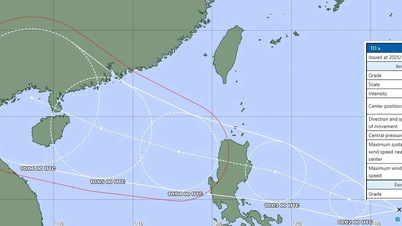

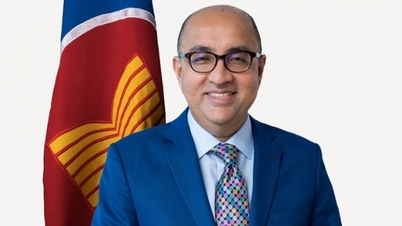
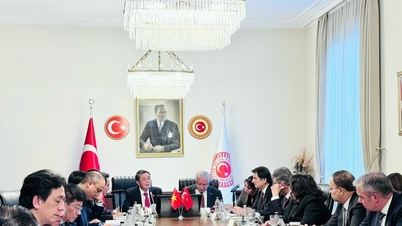

















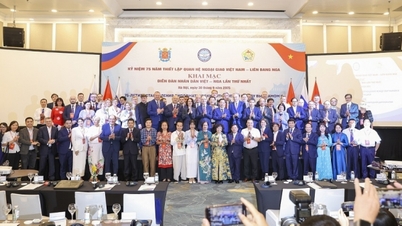
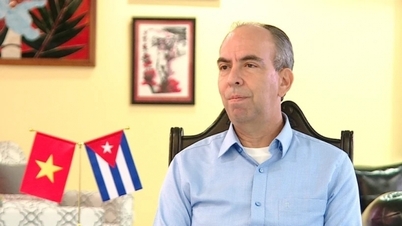




![[Photo] President Luong Cuong receives President of the Cuban National Assembly Esteban Lazo Hernandez](https://vphoto.vietnam.vn/thumb/1200x675/vietnam/resource/IMAGE/2025/9/30/4d38932911c24f6ea1936252bd5427fa)
![[Photo] Panorama of the cable-stayed bridge, the final bottleneck of the Ben Luc-Long Thanh expressway](https://vphoto.vietnam.vn/thumb/1200x675/vietnam/resource/IMAGE/2025/9/30/391fdf21025541d6b2f092e49a17243f)


























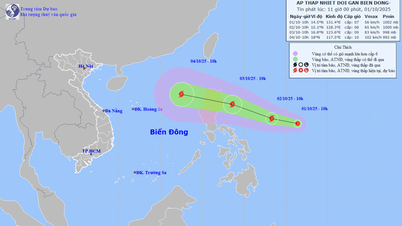
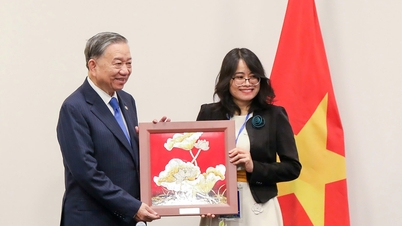

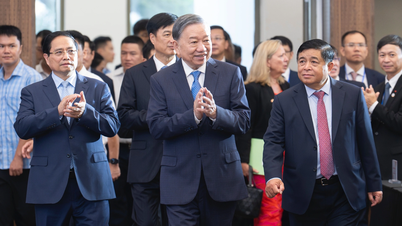







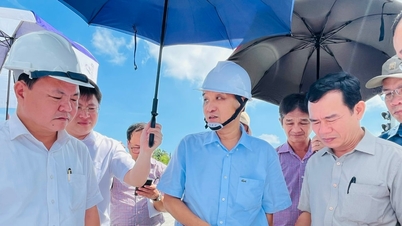

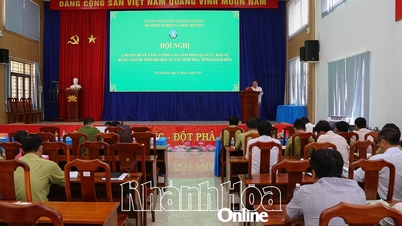

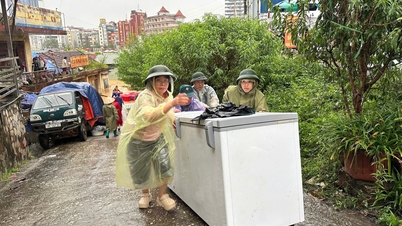

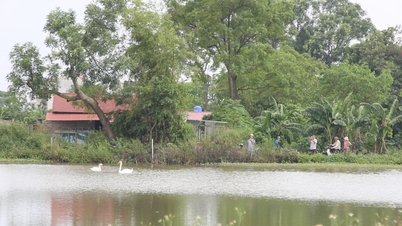



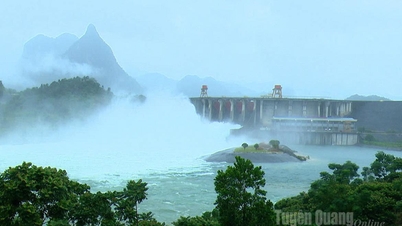















Comment (0)